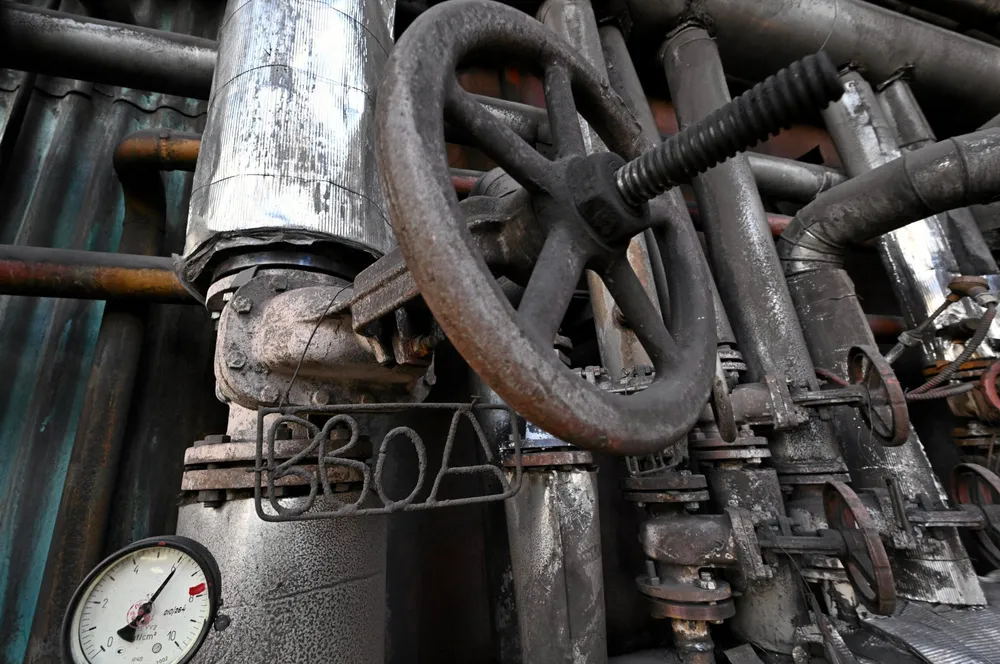Steel pipelines are 'fundamentally suitable' for transporting hydrogen, says gas company-led study
Cracks will appear and grow due to H2 but pipes will still comply with standards demanded by the American Society of Mechanical Engineers, German report claims
